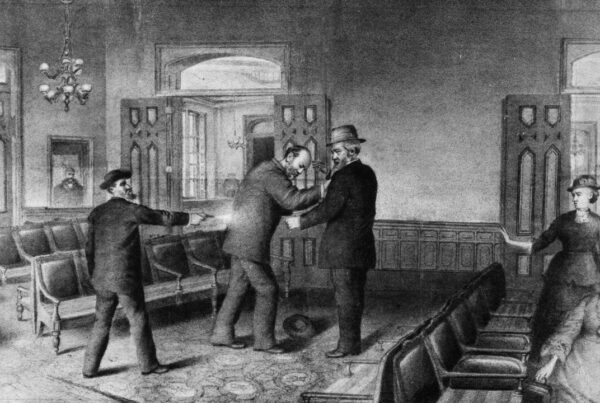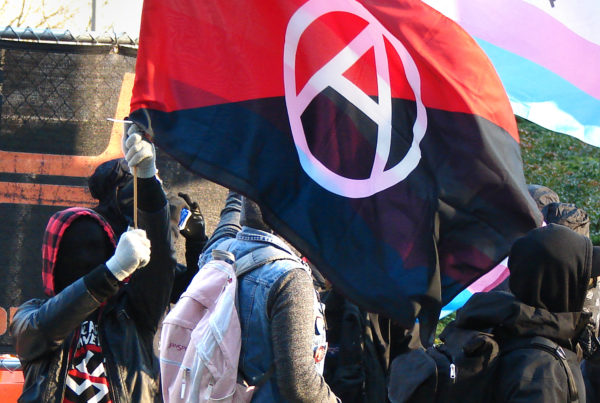Alternative Names:
Ansaru; Ansarul Muslimina Fi Biladis Sudan; Vanguards for the Protection of Muslims in Black Africa; JAMBS; Jama’atu Ansaril Muslimina Fi Biladis Sudan
Location:
Nigeria
Leadership:
Little is known about Jama’atu Ansarul Muslimina Fi Biladis Sudan’s (Ansaru) leadership structure. The limited information accessible from Security and Intelligence agencies acknowledge that Abu Ussamata al-Ansary is the formal leader. Al-Ansary is believed to be a pseudonym for Khalid al-Barnawi, a former leader of Boko Haram who is thought to have been trained by Al Qaida in the mid-2000s.
Membership:
Very little is known about the group’s organizational structure or recruitment methods. The US State Department describes it as having a narrow scope of operations, and says this is indicative of the group having a small membership base.
Funding Sources:
Ansaru is reported to have a working relationship with Boko Haram, as well as some connections with regional terrorist organizations like Al Qaida in the Islamic Maghreb.
Other than this, there is very little known about where Ansaru acquires its funding.
Origins:
Ansaru’s origins are believed to be in the aftermath of the January 2012 Boko Haram attack on the city of Kano, which resulted in the death of at least 180 people (mostly innocent Muslims). However, the group gained popularity in June 2012 when leader al-Ansary released a video in which the group vowed to attack Westerners in defence of Muslims worldwide.
The ideological origins of Ansaru are the subject of speculation. Some consider the group to be either an offshoot of disenchanted Boko Haram members, while others believe the group could be an official rebrand of Boko Haram.
The offshoot perspective, which is the more dominant one, believes that members including al-Ansary became disgruntled with the style of leadership and direction of the Boko Haram spiritual leader Abubakar Sekau. This lead to a splinter group forming with much more desperate and violent objectives.
The other origin perspective argues that Boko Haram’s leadership decided to rebrand in the face of growing criticism and a decline in popularity. Their aim was to re-attract local support and hinder cooperation between security agencies and local populations.
Major Attacks:
As mentioned above, Ansaru has a much smaller operational scale then Boko Haram. Some attacks that the group has claimed responsibility for include:
May 2012: Kidnapping of a British and Italian citizen from Kebbi State in Northwestern Nigeria. Both were executed following a failed rescue attempt.
November 2012: Prison break at the Special Anti-Robbery Squad headquarters in Abuja, Nigeria.
December 2012: Kidnapping of French engineer Francis Collomp. In 2013, he escaped.
January 2013: Attack on a Nigerian forces convoy on its way to participate in the conflict against Jihadist groups in Northern Mali.
February 2013: Kidnapping of seven foreigners from a construction site in Bauchi state. The group was later executed following an attempted rescue by Nigerian and British forces.
May 2013: Attack on a French-owned uranium mine in Nigeria. The attack was carried out in cooperation with Al-Mouibitoun.
Ideological Roots:
Ansaru is an Islamist militant splinter group of Boko Haram. The dominant theory suggests that Ansaru’s membership distanced itself from Boko Haram due to ideological differences in the interpretation of Islamic Law and the use of violence against Muslims.
Ansaru follows the Salafist Jihadist interpretation of Salafism which emphasizes the use of violence to bring about radical change. The group also does not discriminate between foreigners and non-practicing Muslims.
Objectives:
The objective of Ansaru is to re-establish a Muslim state similar to the Sokoto Caliphate founded by Usman dan Fodio during the 19th century. In its founding message and messages since, Ansaru has openly stated their intent is to target Westerners and foreign interests within their area of operation. The group will also target locals who either directly or indirectly support military operations against regional and international Islamist militant groups.
Tactics:
Ansaru has traditionally used firearms and explosives to carry out its attacks. It has employed coordinated tactics against Nigerian soldiers, including the 2013 attack on the Nigerian forces convoy. In addition, the group favours kidnapping and execution of foreign nationals and expatriates.
Updated on December 10, 2015.







